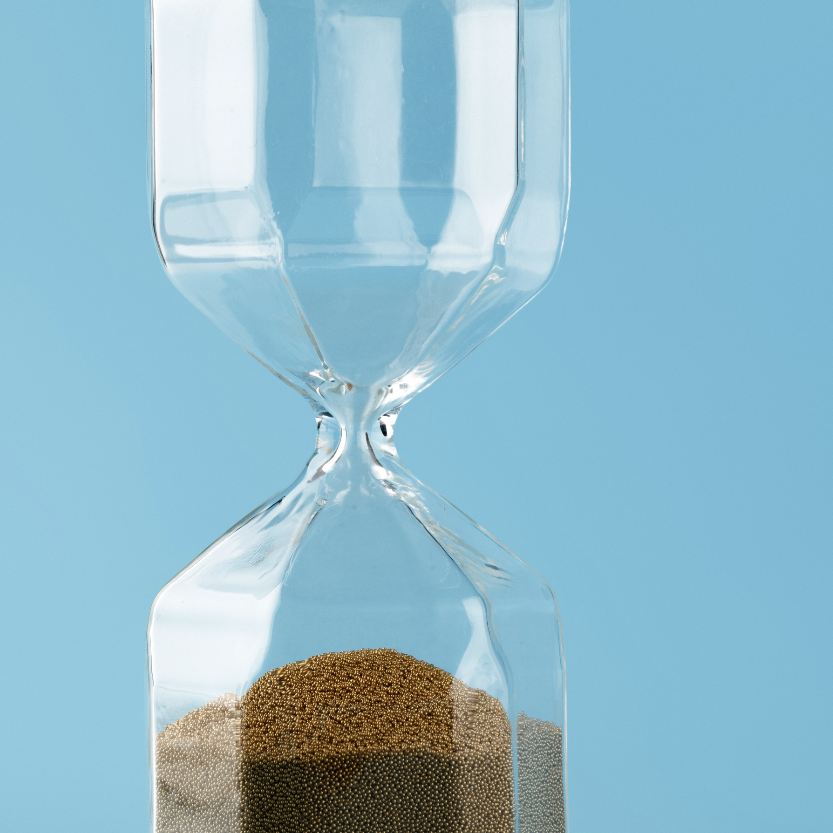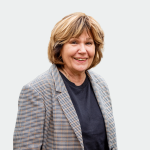[FR] Reflections for a suspended moment

Curiously, although the reasons are completely different, three of the world’s major players find themselves in a state of political limbo: the United States, France and the European Union. In France, a resigning government has been handling day-to-day affairs for 51 days, a record under the Fifth Republic, and it will undoubtedly take time before Michel Barnier’s new government is up and running. In the US, President Joe Biden is still theoretically in office, but his health has forced him to withdraw as a candidate for the next presidency, making his power and leadership until January 2025 seem rather unreal. Finally, in Europe, the outgoing Commission is also handling day-to-day business until December, while waiting for the new Parliament elected last June to approve Ursula Von der Leyen’s next team and political programme. In democratic memory, never has August been so lightly governed! Yet this strange situation does not seem to bother anyone: business continues as usual, stock markets thrive, wars rage on, amid collective indifference, peaceful and even pleasant. A respite, then, before the return of real turmoil.
For France, less powerful than it once was, the effects of this power vacuum are relatively minor. For the USA, still the world leader, power takes the place of governance, with or without a valid president. For the European Union, this power vacuum is an opportunity to be seized. To reflect. To get organised. To stop thinking and prepare to carry on as usual.
The next five years are full of major unknowns. Geopolitical risks continue to proliferate: who will preside over the United States? Who will win the war in Ukraine, if victory is even conceivable? How far will the mutual massacres in the Middle East go? What will Iran choose, the bomb or growth? Will China directly confront the US over Taiwan? The economic risks are already significant: how can we escape from the 1% annual growth that is condemning the EU to the erosion of its economic and commercial power? How can we boost the resources of the middle classes, the blind losers of the great globalisation of the century? As for structural risks, they are frightening: how will the EU’s institutions and, above all, its budget be able to cope with the integration of Ukraine, enlargement to more than 30 members, the fight against global warming, digital transformation, the rise of competitiveness, etc.? How can we convince the current 27 Member States that it is imperative, as of now, to accept an increase in the budget, the mobilisation of new own resources and a bold reform of the institutions?
Given the slow pace of European preparations (the new Commission is unlikely to be presented before mid-October, and the Parliament is unlikely to vote on its approval before November), the meagre criteria governing the composition of the Commission (only gender parity seems to count), the political squabbles that take precedence over strategic visions (in the Member States and in the European institutions), the political weakening of three founding countries (France, Germany, Italy), the silence of the European Parliament, despite being duly in office, on the horrors of the world (can we imagine Bronislaw Gérémek or Simone Veil remaining silent on the wars in Ukraine or the Israeli-Palestinian conflict?!), we can reasonably be impatient. Because it was rightly focused on obtaining a majority vote for her election, Ursula Von der Leyen’s speech on 18 July did not signal any great ambitions or proposals for reform (with the exception of new commissioners for housing, defence and the Mediterranean, for example). As for the European Council, it will formally meet on 18 October: the agenda will be busy, the decisions important, and the time for collective reflection practically non-existent.
In this context, the new President of the European Council, António Costa, is and will be the new heavyweight of the European team. In a world where geopolitics no longer only determines war and peace but also dictates trade, principles and markets, the President of the European Council has a major role to play: that of forcing consensus among heads of state and government, not on a vision of Europe, but first and foremost on a global strategic vision of the world, both the world that is coming and the world we would like to see come about.
The real European revolution that is needed is one of modesty. The glorious days when Europe decided alone, sovereignly, on its progress, its policies and its priorities are over. For the past 10 years, the Union has been nothing more than a huge collective effort to react to shocks from elsewhere. But which of these will affect us most: the election of Donald Trump, the defeat of Ukraine, the blockage of certain sea lanes? Which ones can we influence, manage, or even resolve: the moderation of global warming, the survival of a democratic Ukraine, the reduction of income inequalities, the defence of democracy? It is up to the European Council to set priorities and mobilise all the EU’s resources to respond to them. It is up to the Council to set the tone for this essential evolution of the Union towards a power that is attentive to the world, as much as, and perhaps more than, to itself.




